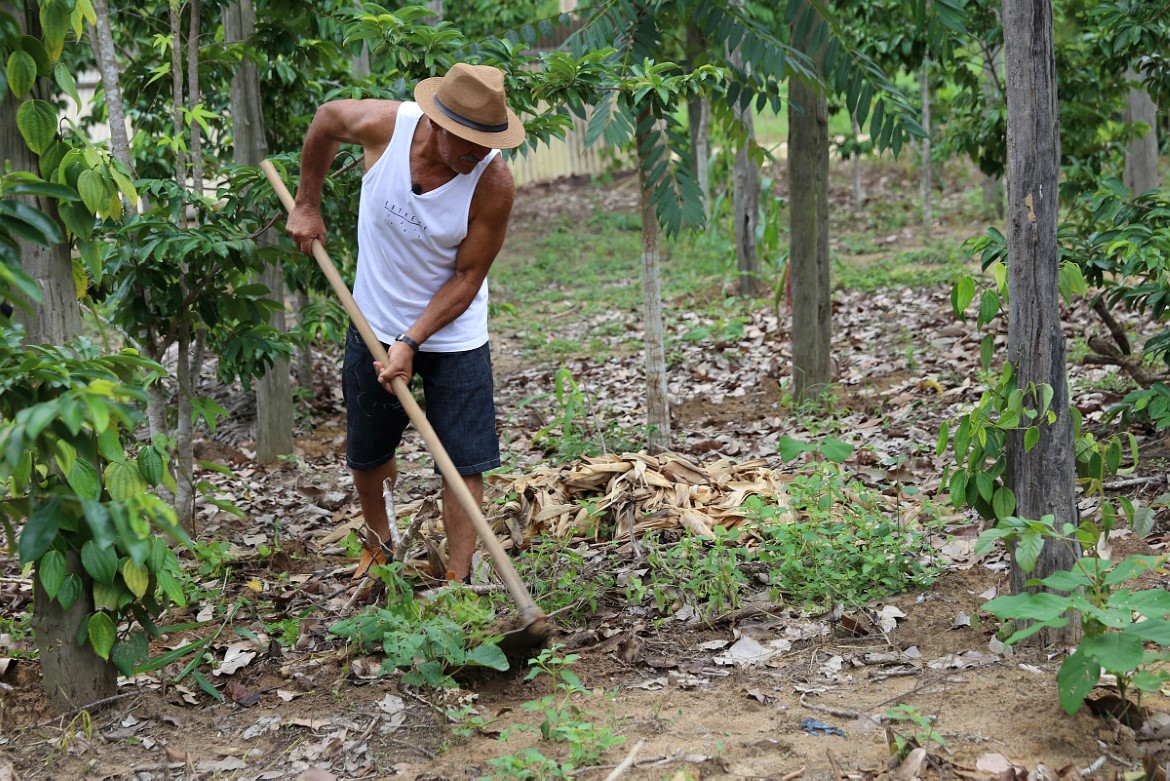
Public-private partnerships have been promoted through global networking
Organization
Avoided Deforestation Partners, a program of the Center for International PolicyThe organization has also helped to raise public awareness on deforestation through their role in the awarded television series “Years of Living Dangerously”, as well as through other media projects on climate change.
The purpose of the project was to drive U.S. and international interests toward deforestation-free, sustainable agricultural practices that in turn create a market for deforestation-free, sustainably sourced commodities. In addition, the purpose was to advance public awareness about deforestation and fundamental change as to how agriculturally based commodities are sourced.
Why did Norway decide to support this project?
ADP reported that unsustainable agricultural practices contribute to an estimated 15% of global greenhouse gas emissions and that the rise in demands for food, fiber and fuel would further endanger tropical forests. ADP further reported that major corporate leaders (i.e., Consumer Goods Forum members) have pledged to require their agricultural supply chains to be both sustainable and free of deforestation.
The organization claimed that once fully implemented, these pledges would create a robust market demand for farmers who commit to sustainable agricultural production, which in turn mandates development that does not depend on deforestation.
The project was considered relevant to meet the objectives of REDD+ and of the Norwegian Climate and Forest Initiative, especially because the public-private partnerships could result in the demand for supply chains to be free of deforestation.
This project had two outcomes:
- Support REDD+ by creating market demand for deforestation-free, sustainable agricultural commodities.
- Raise U.S. public awareness about the dangers of deforestation and the benefits of deforestation-free commodities.
- Please find Avoided Deforestation Partners final results report to Norad on these outcomes in the PDF file <here/in the box to the right>.
Results
Norad assesses that the overall achievements of this project have been mixed. Whilst it has been difficult to assess the effects of activities related to outcome 1, the organization has delivered satisfactory results in regard to outcome
Regarding outcome 1, Norad recognizes that ADP has been able to connect very high level institutions in the public sector with global companies in the private sector, with the aim to promote deforestation-free supply chains. ADP was especially active in bringing together representatives of company leaders of the Consumer Goods Forum with senior US government officials. ADP also helped to convene partnerships between the World Bank, the World Economic Forum and the Tropical Forest Alliance. However, when ADP reports on the commitments by private and public actors to halt deforestation, it is difficult to attribute these results to the activities of this project.
Regarding outcome 2, Norad assesses that this project has contributed to raise public awareness on deforestation in the US through the documentary Years of Living Dangerously. Norad wishes to highlight that the television series has received extensive public attention and has won an Emmy Award in 2014. ADP reports, among others, that a third of the 13 million viewers of Years of Living Dangerously shared information about climate change as a result of watching the show. In addition, other media projects were developed in this project. ADP contributed to the Academy Award-winner “Time to Choose” and to the short film “Stop the Burning” presented at the Paris Climate Conference. The aggregate effects of those media projects have likely contributed to increased favorable public opinion towards the protection of tropical forest, both in the US and abroad.
Disclaimer
The result descriptions are based on the information provided by the organisations. Their presentations and conclusions do not necessarily reflect the views of Norad. Norad has not verified all results reported.
